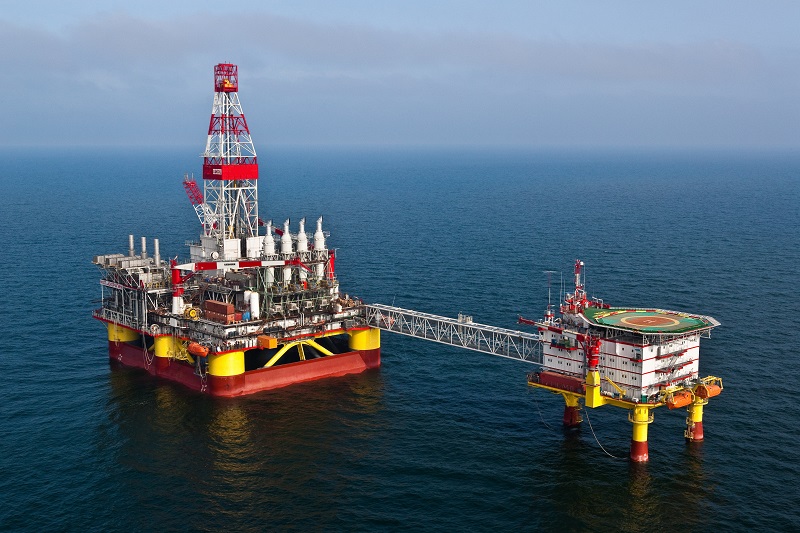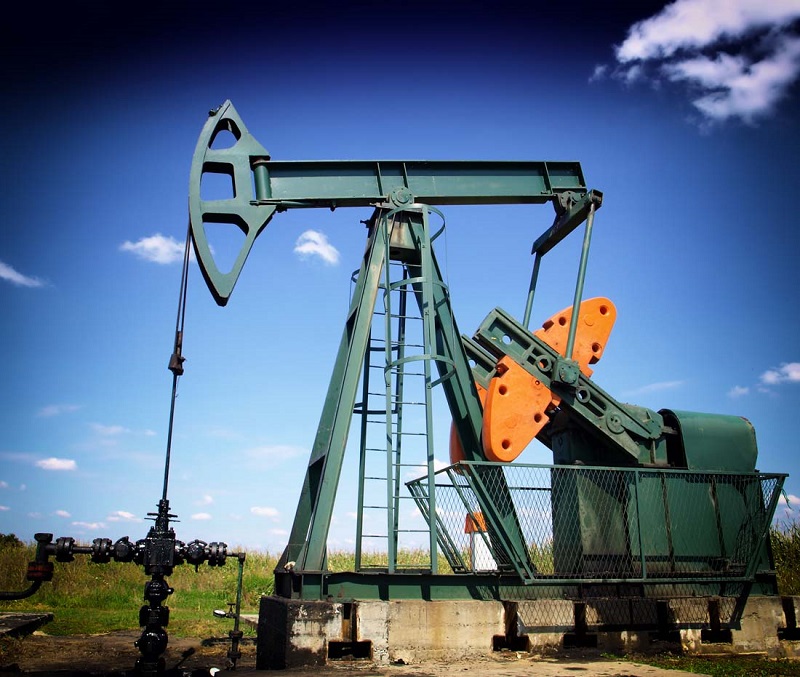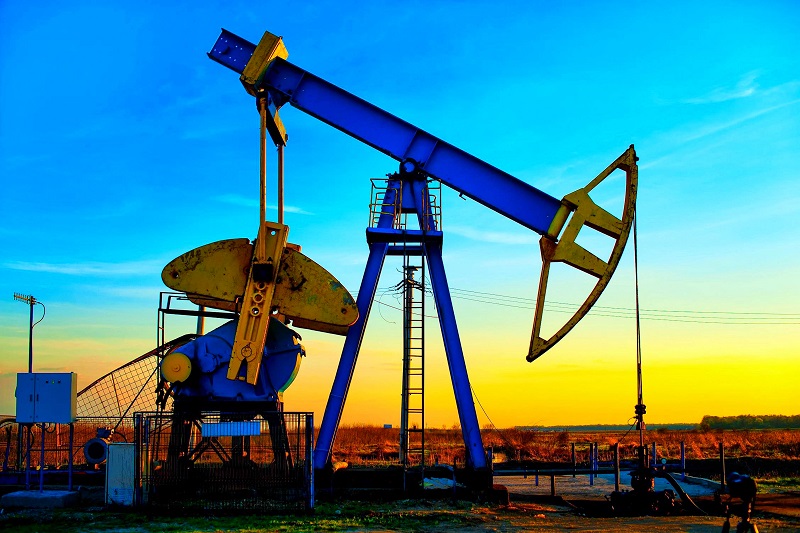Anti-corrosion measures and methods for petrochemical equipment
Choose the right petrochemical equipment
In order to do a good job in the anti-corrosion work of petrochemical equipment, it is fundamental to improve the anti-corrosion ability of the equipment. The quality of the equipment itself directly affects its anti-corrosion ability, so the most fundamental way is to choose the appropriate petrochemical equipment. Generally speaking, the relevant equipment used in petrochemical enterprises is basically made of carbon structural steel, but there is a big gap in performance between ordinary structural steel and high-quality structural steel. Carbon structural steel has good mechanical properties, but its anti-corrosion performance is relatively poor. Due to different environments and different production functions, the equipment is affected differently. Therefore, in the process of actually selecting equipment, the use of the equipment and the application environment should be analyzed in combination, and petrochemical equipment with suitable materials should be selected after comprehensive consideration of various factors. For example, if the equipment needs to be in contact with nitric acid and other media for a long time, then when selecting equipment, you should try to choose equipment made of ferritic stainless steel as raw material. If you will be in contact with corrosive gases for a long time, you should choose Raw material for martensitic stainless steel. In addition to the selection of overall equipment materials, it is also necessary to strengthen the selection of parts, and try to choose parts with strong corrosion resistance, so as to lay a solid foundation for the anti-corrosion work of petrochemical equipment.

Strengthen the safety of equipment structure design
In order to improve the anti-corrosion ability of petrochemical equipment, in addition to paying more attention to the selection of materials for the equipment itself, it is also necessary to strengthen the safety of equipment structure design. By adjusting the structure of petrochemical equipment, the corrosion of equipment can be avoided. occur. In the process of equipment structure design, we must first start from the whole, first test the material of the equipment itself, and make targeted adjustments to the design of the equipment according to the detected corrosion resistance. In the structural design, we must focus on oil The distribution of pipelines, connections, etc., to ensure the safety of oil pipelines. When optimizing the structure of equipment and devices, it is necessary to strengthen the control of all aspects to avoid dead ends in oil pipelines. At the same time, it is necessary to strengthen the inspection of whether there are gaps in the equipment. If there are gaps, it will easily react with chemicals and cause corrosion. Condition. Therefore, comprehensiveness must be ensured in the design of the equipment structure to avoid loosening of the structure due to partial negligence, which will eventually give rise to corrosion problems.

Standardize the operation behavior of petrochemical equipment
During the use of petrochemical equipment, if the technicians do not operate properly, do not use the equipment correctly or do not deal with it in time after the reaction, it will easily lead to corrosion of the equipment. Therefore, petrochemical enterprises must regulate the operation behavior of petrochemical equipment, so that technicians can use the equipment scientifically and rationally, and extend the service life of the equipment. First of all, after the production reaction, the chemicals remaining on the surface of the equipment should be cleaned up in time to avoid the long-term adhesion of chemicals to the surface of the equipment to cause corrosion. Secondly, because petrochemical equipment is prone to electrochemical corrosion during the reaction process, in order to avoid this situation, the surface of the equipment should be kept as dry as possible. For this, some drainage holes can be installed, which can effectively avoid gaps in the equipment. Affecting its normal operation, it can also prevent the equipment from corroding in a humid environment. For some special production links, in order to ensure the dryness of the equipment surface, high-concentration sulfuric acid can also be used to achieve the purpose of anti-corrosion.
Brush Plating and Coatings
At present, in petrochemical enterprises, in order to prevent corrosion of petrochemical equipment, one of the most commonly used methods is to coat the equipment with coatings and paints. When choosing coatings, try to choose coatings containing trace elements such as chromium and nickel. Mixing them with steel can form a protective film on the surface of the equipment, which has enhanced adhesion and can effectively isolate petrochemical equipment from reactions. materials, thereby avoiding equipment corrosion during the production process, and realizing efficient protection of petrochemical equipment. In addition, the metal layer can also be plated on petrochemical equipment to enhance its oxidation resistance. At present, the most commonly used metal layer material is titanium. When the titanium metal layer is on petrochemical equipment, it can effectively accelerate the movement of ions on the surface, thereby enhancing the high temperature and high pressure resistance and corrosion resistance of the equipment. Secondly, chrome plating can also be used to improve the corrosion resistance of petrochemical equipment. Compared with titanium plating, chrome plating has lower economic cost and can also have
Effectively exert its anti-wear effect. In addition to the coating method, suitable anti-corrosion coatings, such as grease coatings, can also be painted on the surface of petrochemical equipment to isolate the equipment from the reactants and achieve the purpose of anti-corrosion.

Add corrosion inhibitors to equipment
Adding corrosion inhibitors to equipment is relatively uncommon, but there are certain merits. Since petrochemical equipment itself is in an environment that is prone to corrosion, adding a certain amount of corrosion inhibitor in this environment can effectively improve the corrosion resistance of the equipment. There are three common types of corrosion inhibitors. First, inorganic corrosion inhibitors mainly act on the anode area, passivate the anode and form a corresponding protective film, which can effectively achieve the anti-corrosion effect on equipment. Secondly, the organic corrosion inhibitor mainly acts on the surface of the equipment to prevent the reaction between the cathode and the anode, thereby improving the corrosion resistance of the equipment. Vapor-phase corrosion inhibitors are mainly adsorbed on the surface of equipment in the form of being hydrolyzed to produce protection, and usually act on metal parts. These corrosion inhibitors have certain anti-corrosion effects, but they also have certain shortcomings. Therefore, in the process of using this method, attention must be paid to the use strategy to ensure that it is carried out in a scientific and appropriate way, and the appropriate one is selected according to actual needs and conditions. A type of corrosion inhibitor to protect petrochemical equipment from corrosion.
Strengthen the control of medium concentration
During the operation of petrochemical equipment, it is easily affected by the solution medium, causing it to be corroded. Therefore, strengthening the control of medium concentration is also one of the important measures for petrochemical equipment to prevent corrosion. In petrochemical equipment, there is a high requirement for the concentration of the solution medium, and its concentration must be strictly controlled within a certain range to avoid the reaction between the solution and the equipment during operation and corrosion problems. The solution medium will contain a large number of chemical substances, such as sodium hydroxide, etc., which will cause a certain degree of corrosion to petrochemical equipment, especially the corrosion of the welding part of the equipment is more serious, so it must be based on the actual equipment situation and reflect the demand , Strictly control the concentration of the solution medium so that it can be within the range of not corroding the equipment. In order to maximize the concentration of the solution medium, regular concentration monitoring is required during use to ensure that it is easily within a reasonable concentration range to avoid corrosion and extend the service life of petrochemical equipment.
https://www.youtube.com/watch?v=b2aUP4NqaT4

 By Sun
By Sun

